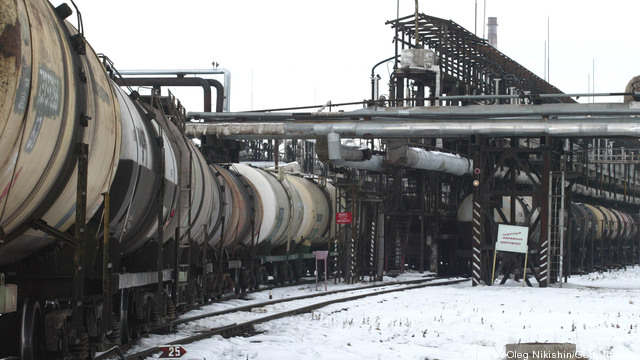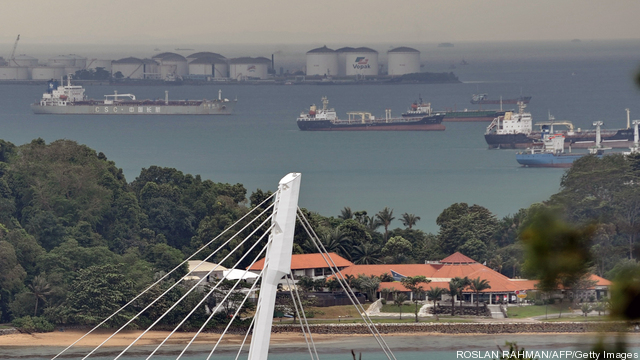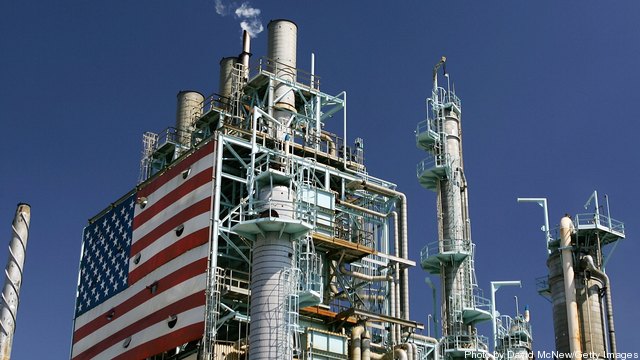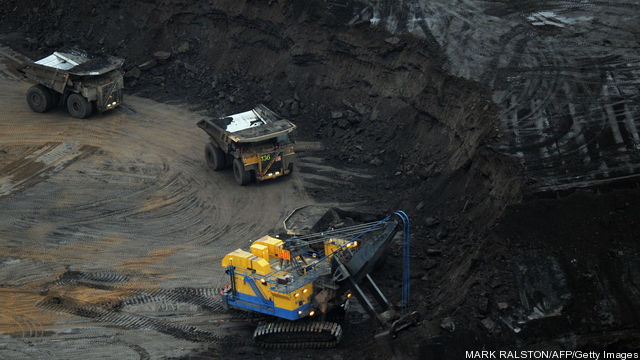The International Energy Agency highlights the transformative nature of the US oil boom in its latest Medium-Term Oil Market Report, released today. “Rising supplies of US light, tight oil (LTO) have turned upside down, or at least called into question, the conventional wisdom about what oil is, how it is extracted, how much of it… Keep reading →
Oil Sands
Sign up and get Breaking Energy news in your inbox.
We will never sell or share your information without your consent. See our privacy policy.Few would disagree the decision about whether to build the Keystone Pipeline extension should rely on science-based research, so what does the science tell us? Well, as is often the case with politics, the results appear to vary depending on one’s agenda and the statistics being highlighted. The Congressional Energy and Environmental Subcommittees held a… Keep reading →

Devon Energy chief executive John Richels is confident that US President Barack Obama’s administration will approve the the Keystone XL pipeline, but he expects the gap between prices for Canadian heavy oil and US benchmark West Texas Intermediate (WTI) to narrow even if the pipeline never gets built.
“Keystone XL is going to be approved,” Richels told attendees of the Independent Petroleum Association of America’s Oil and Gas Investment Symposium in New York on Tuesday. “From a national point of view it makes no sense for the President not to approve that, and buy more oil from Venezuela and the Middle East.” The Keystone XL pipeline, as envisaged, would transport up to 830,000 barrels per day of Canadian oil from Alberta to US refineries. Keep reading →
Alberta Energy Minister Hughes Discusses Options if Keystone XL not Approved, and More
By Jared Anderson
An industry source told Breaking Energy last November the two greatest challenges companies operating in Alberta’s oil sands region face are access to markets and skilled labor. Alberta Energy Minister Ken Hughes elaborated on these and other issues during a recent phone call.
In a scenario where the Keystone XL Pipeline is not approved by the Obama Administration, Minister Hughes said companies have lots of different options and that rail has become “compelling.” Although generally less efficient than transporting oil via pipeline, rail could be used to bring Canadian oil as far as the Gulf Coast and maybe the West Coast and Mid-continent as well, he said. Keep reading →
Oil Sands Developers: Market Access Issues Weigh Even As Tech Promises Emissions Reductions
By Jared Anderson
It’s telling that a panel discussion about using technology to reduce the environmental impacts associated with Canadian oil sands development ended up mainly being about dire market access issues impacting producers.
At the FT Global Investment Series: Focus on Canada conference held in New York City this week, corporate executives were clearly concerned about reducing greenhouse gas emissions from oil sands projects, but they were also very concerned about the billions of dollars being lost from commodity price differentials between Canadian heavy oil and other grades. Keep reading →

The controversial Keystone XL Pipeline was very much on the agenda at today’s FT Global Investment Series: Focus on Canada event held in New York City, with government officials and business leaders using strong language to underline the importance of US – Canadian trade relations with regard to the pipeline.
“For the record, I would note that is no small irritant to some in Canada that our American friends focus on the current and future emissions from the oil sands while, here in the United States, a far greater environmental impact is caused by hundreds of coal-fired plants that remain in operation,” said Jim Prentice, Senior Executive Vice President and Vice Chairman at CIBC. Keep reading →

Canada’s oil sands have been all over the news in the context of the Keystone XL pipeline project that would ship upgraded crude oil and diluted bitumen from Northern Alberta to the US Gulf Coast refining center.
Breaking Energy toured the region and visited some oil sands production projects as part of a media tour organized by the Canadian Consulate General in NY and the Government of Alberta last November. If Keystone XL has become a big deal in the US, the push and pull between environmental consequences and economic benefits at the heart of oil sands development is probably an even bigger deal across the northern border. Keep reading →

The fund manager will march in the Sierra Club’s first-ever act of civil disobedience against a controversial pipeline.

The Keystone oil pipeline may have won approval from Nebraska’s governor Tuesday, but the final decision rests with President Obama.
And after the heavy emphasis on climate change in his inaugural speech Monday, analysts say Obama is likely to feel even more pressure to reject the pipeline. Keep reading →

Oil sands producers found themselves in the midst of a fresh attack from the environmental community when a new study released Monday identified levels of oil sands-related contamination that appear to have intensified since the beginning of commercial development to present day. Core samples extracted from 6 regional lakes showed the presence of polycyclic aromatic hydrocarbons up to 50 miles north of Fort McMurray, Alberta – the hub of oil sands mining activity.
“Our research tells a consistent story of increased contaminants and ecological change that has occurred in the region since industrial development of bitumen resources began,” Joshua Kurek, a postdoctoral fellow at Queen’s University, Department of Biology is quoted as saying on the university’s website. Keep reading →


